President of Irish Creamery and Milk Suppliers Association (ICMSA) Pat McCormack said it was alarming to hear spokespersons continuing to use the word ‘feasible’ where that referred exclusively to environmental progress.
McCormack said that what was at stake was nothing less than the economic feasibility of Ireland outside the cities and largest towns and the social, cultural and demographic viability of those rural communities, all of which depended on commercial farming.
McCormack said it was not to deny the realities or the extent of the challenge, but it was unfair, unworkable and itself unfeasible to expect the hundreds of thousands who depended on commercial farming and food production for their living to agree to fixed emissions reduction targets that will inevitably fatally wound their prospects and their communities.
He said farming communities were not fooled by the “crocodile tears” shed by some politicians and activists on the threat to farming communities.
McCormack said: “It is premature for anyone to anticipate that the national herd will have to be reduced. The Government itself does not believe that to be the case, as the Taoiseach confirmed in an exchange in the Dáil just last week.
“It’s not the Government’s position and just on practical grounds, this is precisely the kind of rigid, pre-ordained solution that we should be avoiding.
“We already know that we can expect double-digit falls in agri emissions through the MACC system devised by Teagasc and other research and innovation is coming on stream all the time.
The ICMSA president continued: “What we need is the flexibility and room to see where we can go harder or switch focus. That means a degree of elasticity that gives us the room to see what’s working and adjust accordingly. Farming and agri-food is already making the transition and we demand the right to check our progress before anyone announces that our farms and our communities are effectively finished.
“There’s one other thing that has to be pointed out. We have still not heard a single Irish politician of any seniority tell the Irish public that this transition is going to mean – and much faster than people think – the end of the ‘cheap food’ system that was operated in Ireland and across the EU for decades. That system was predicated on low prices for farmers that forced them into producing higher volumes. That will now work in reverse. People need to understand that and they need to be told it,” he concluded.




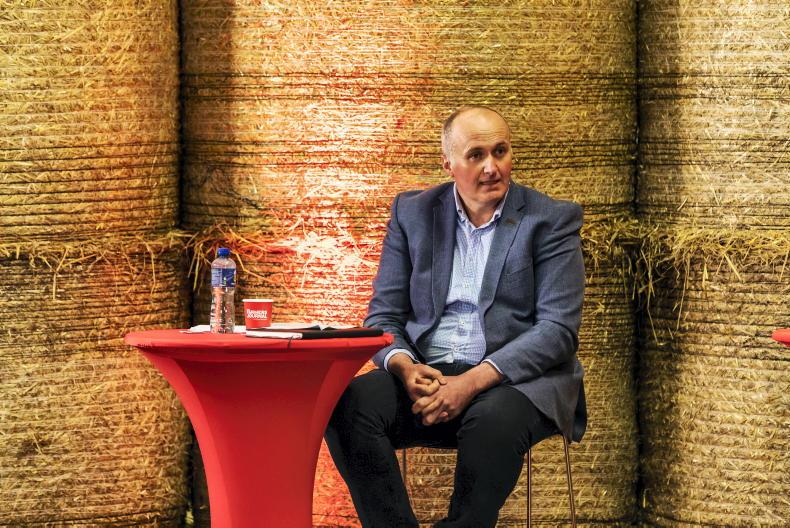
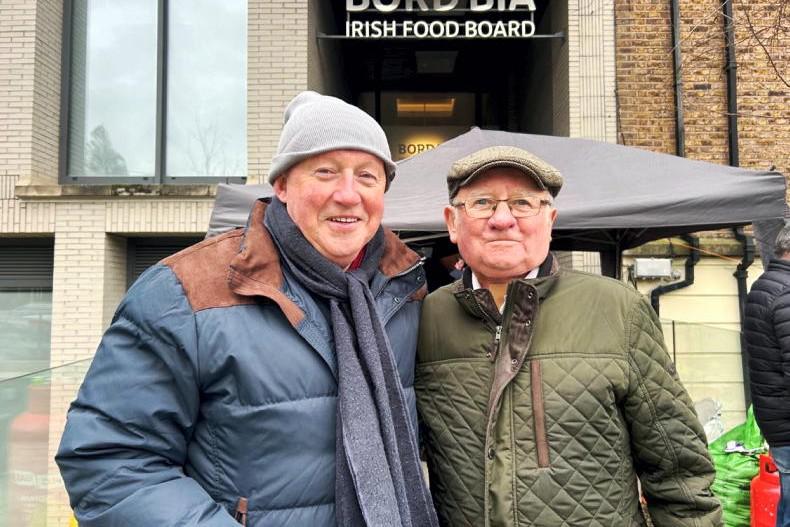
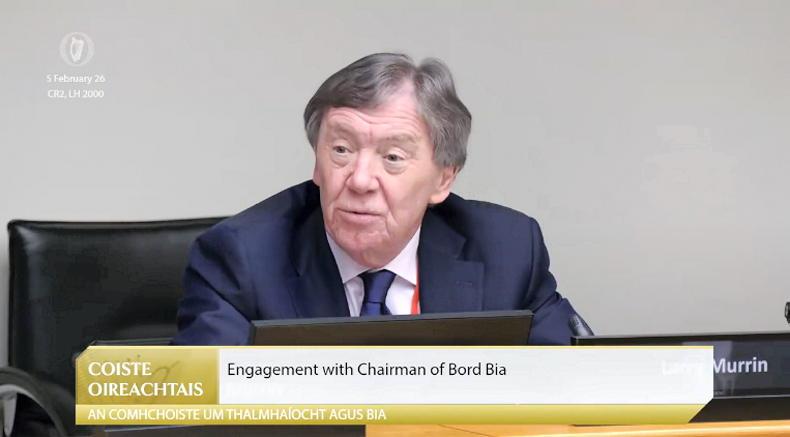
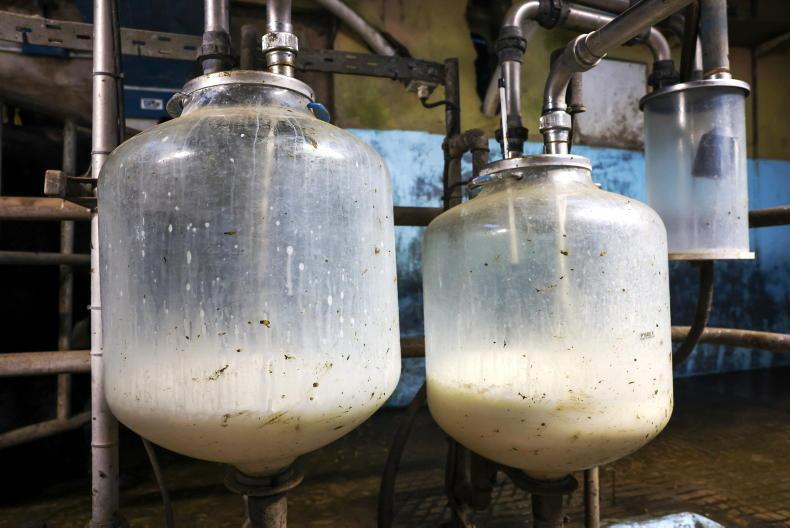
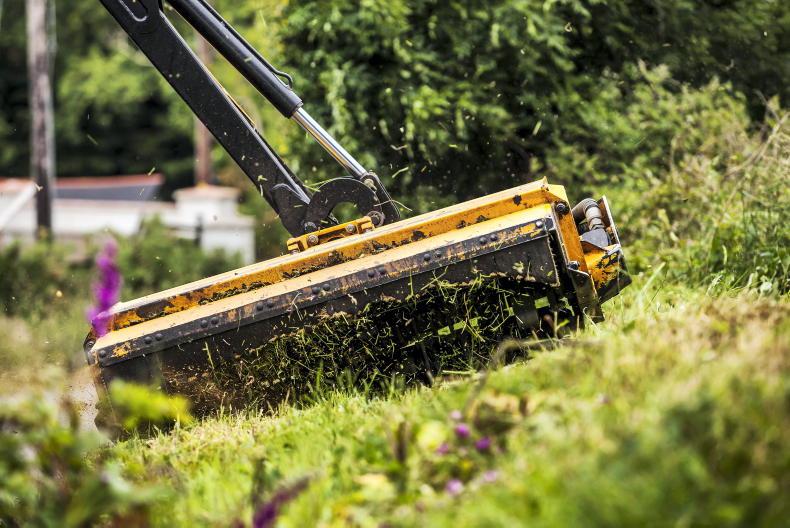
SHARING OPTIONS